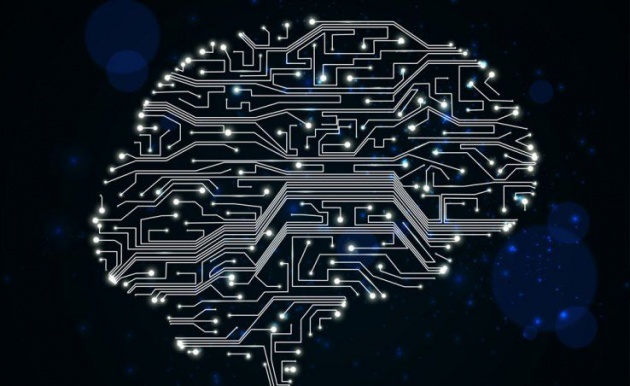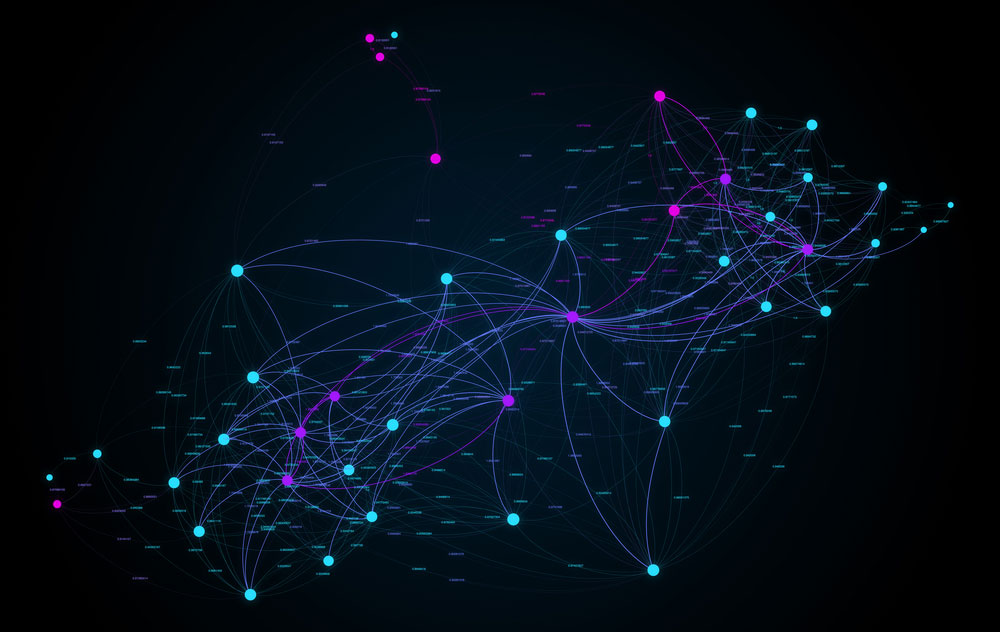
If you’re looking for zeitgeist biblical metaphors for the tech sector, you can’t do much better than the Tower of Babel. Human civilization a hundred years after the flood, monolingual and gathered in a city called Babel. They become possessed with the mission of building a tower to the heavens. Which they begin…
Until their control-challenged sky God, understanding that humans are capable of anything with one unified language and a will for transcendence, curses them with dialects. (I’m not Christian but am a disciple of narrative.)

The Tower of Babel by Lucas Van Valckenborch
This is God as benevolent systems architect-turned-royalist-hacker, dumping toxic malware onto the human social matrix. And we’re still living in it.
Sure, wired humans have been united into a “global village” across shared social platforms in the new millennium. And while we have Twitter and Facebook to thank for the global reach of the Arab Spring, #EricGarner, and the Veronica Mars film project crowdfund, this is not a return to evolutionary Tower-building by an empowered world citizenry. Nor is this technology being developed to unchain us from the holy hack by vanishing linguistic barriers.
Quite the opposite. These platforms exist primarily (post-IPO) to service enterprises, institutions and government agencies that place a premium on our written words.
In the modern paradigm, companies like Facebook, Twitter and Google are the primary beneficiaries of Babel. After all, it’s the machine-driven analytics of our words and their nuanced sentiments — which are used to compartmentalize, analyze and ultimately engineer user behaviors — that make us the product that they sell to advertisers and other paying customers.
In other words, they have a large incentive to maintain the Old Testament status quo because it bestows considerable insight. And power.
Engineering contagion
Last year, a minor outrage erupted when members of Facebook’s Core Data Science Team published the report of a secret study on their users. The study, which manipulated News Feed displays of 700,000 people in order to test the impact of emotions on friend networks, proved that “emotional states can be transferred to others via emotional contagion, leading people to experience the same emotions without their awareness.”
In total, over 3 million posts were analyzed, containing over 122 million words, 4 million of which were positive (3.6 percent) and 1.8 million negative (1.6 percent).
The network effect of this contagion was studied, naturally, “via text-based computer-mediated communication” and was limited to English-speaking users.
This is all made possible by sentiment analysis: the deployment of algorithms that mine text for meaningful signals about the writer. Now, as many people pointed out after the initial wave of (media-driven) indignation, sentiment analysis is still in its infancy. It’s neither accurate nor effective in helping artificial intelligence systems to learn and predict human behavior.
But it won’t be that way for long.
Facebook and Google are leading a new wave of R&D in the field of deep learning, an aspect of AI research, which MIT defines as:
“software [that] attempts to mimic the activity in layers of neurons in the neocortex, the wrinkly 80 percent of the brain where thinking occurs. The software learns, in a very real sense, to recognize patterns in digital representations of sounds, images, and other data.”
Over the past couple of years, Google has completed acquisitions of a few high-profile deep learning labs, including one run by Geoffrey Hinton who is widely considered, to quote WIRED, the “central figure in the deep learning movement.”
Meanwhile, Facebook has created its own AI research lab, led by Yann LeCun, one of Hinton’s former employees, and the guy who taught computers how to read written numbers (early AI tech that is now licensed to banks for ATM check-scanning).




